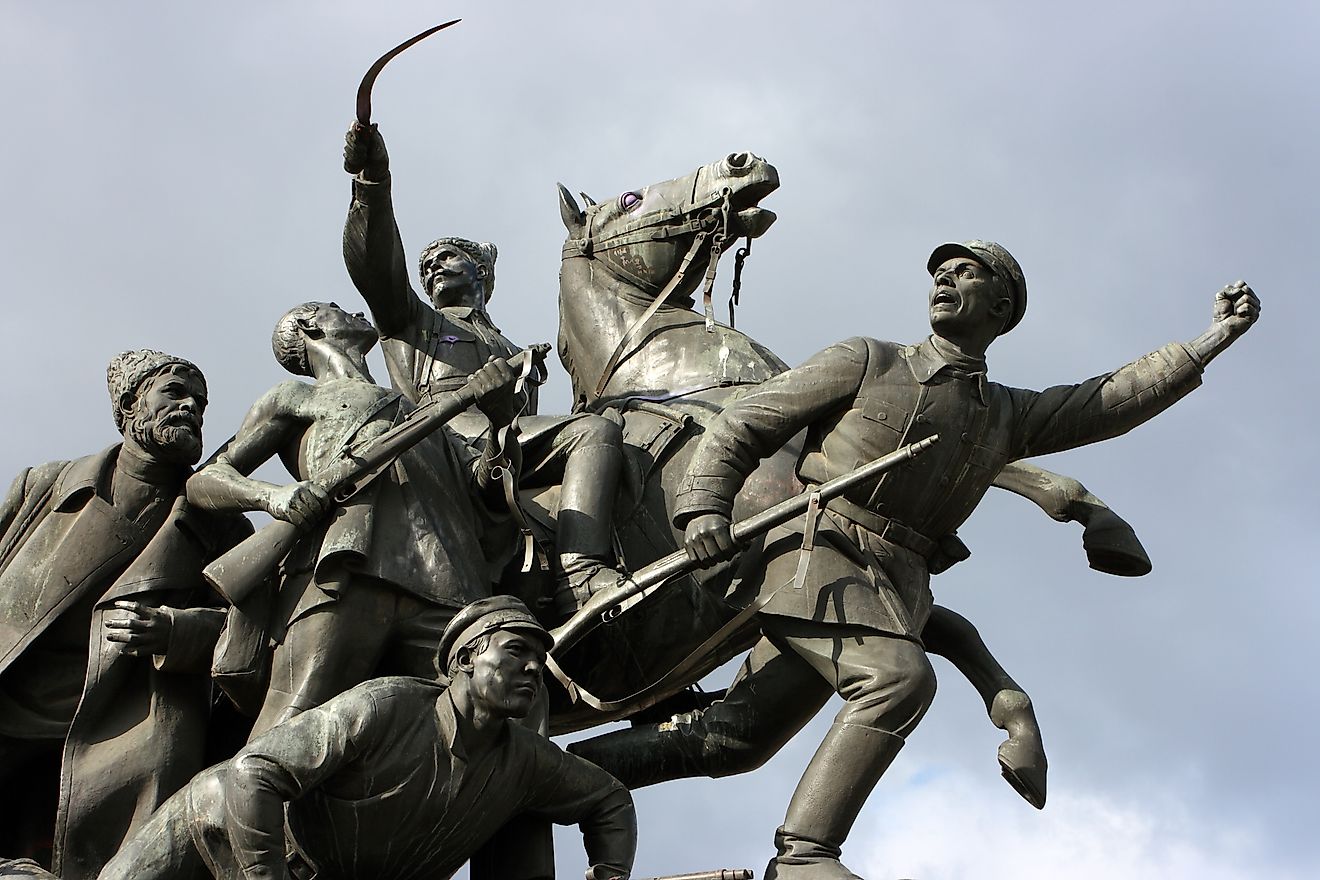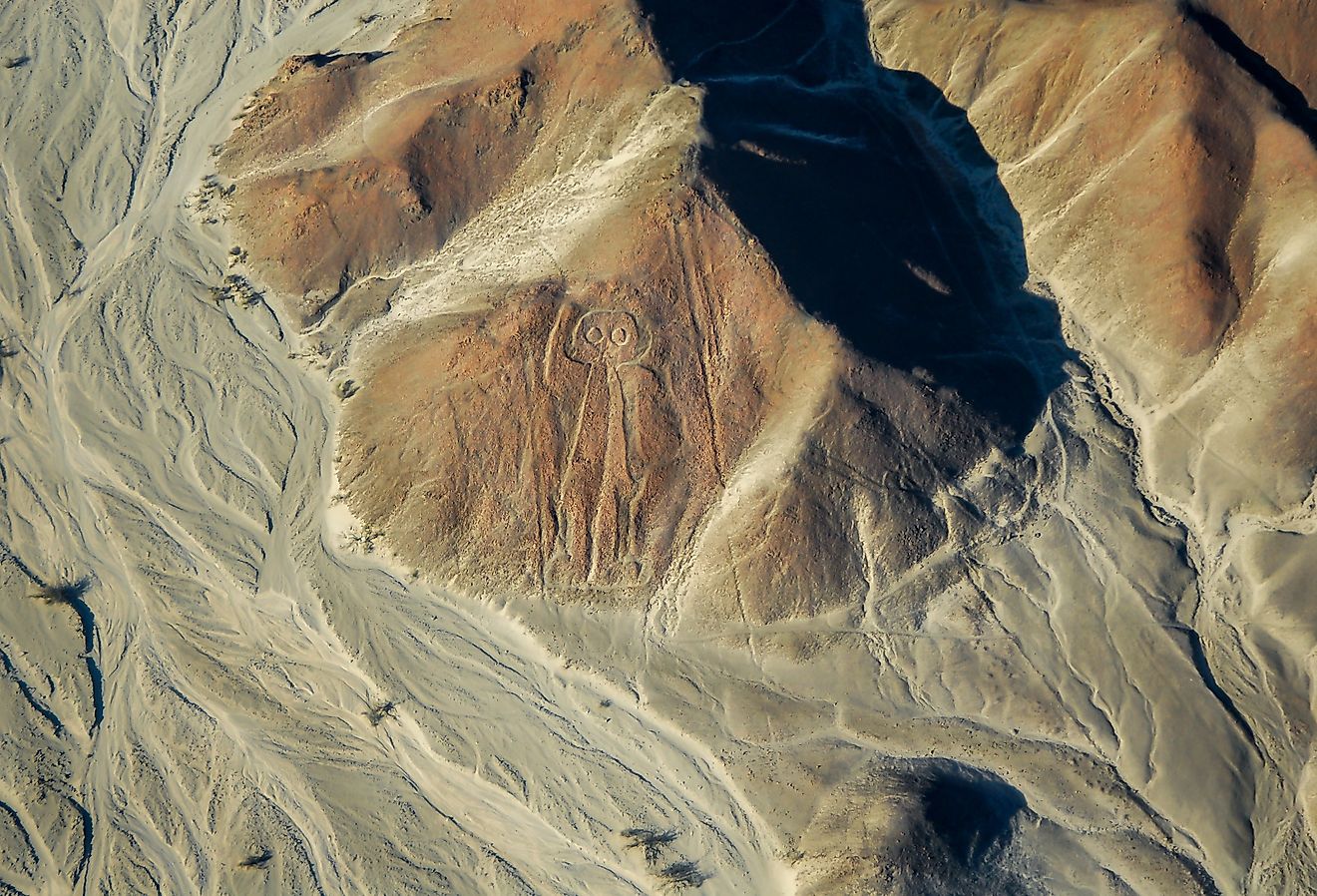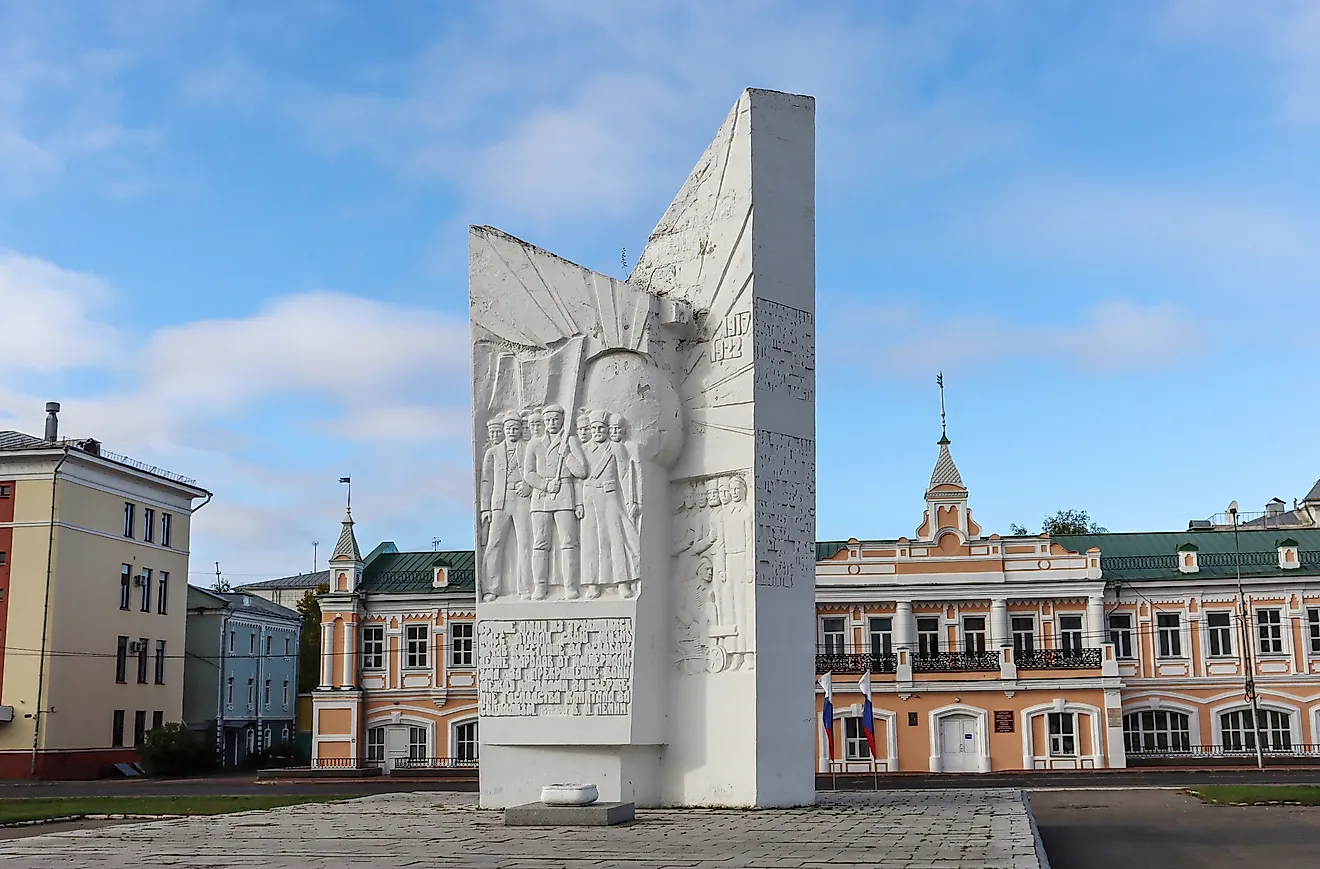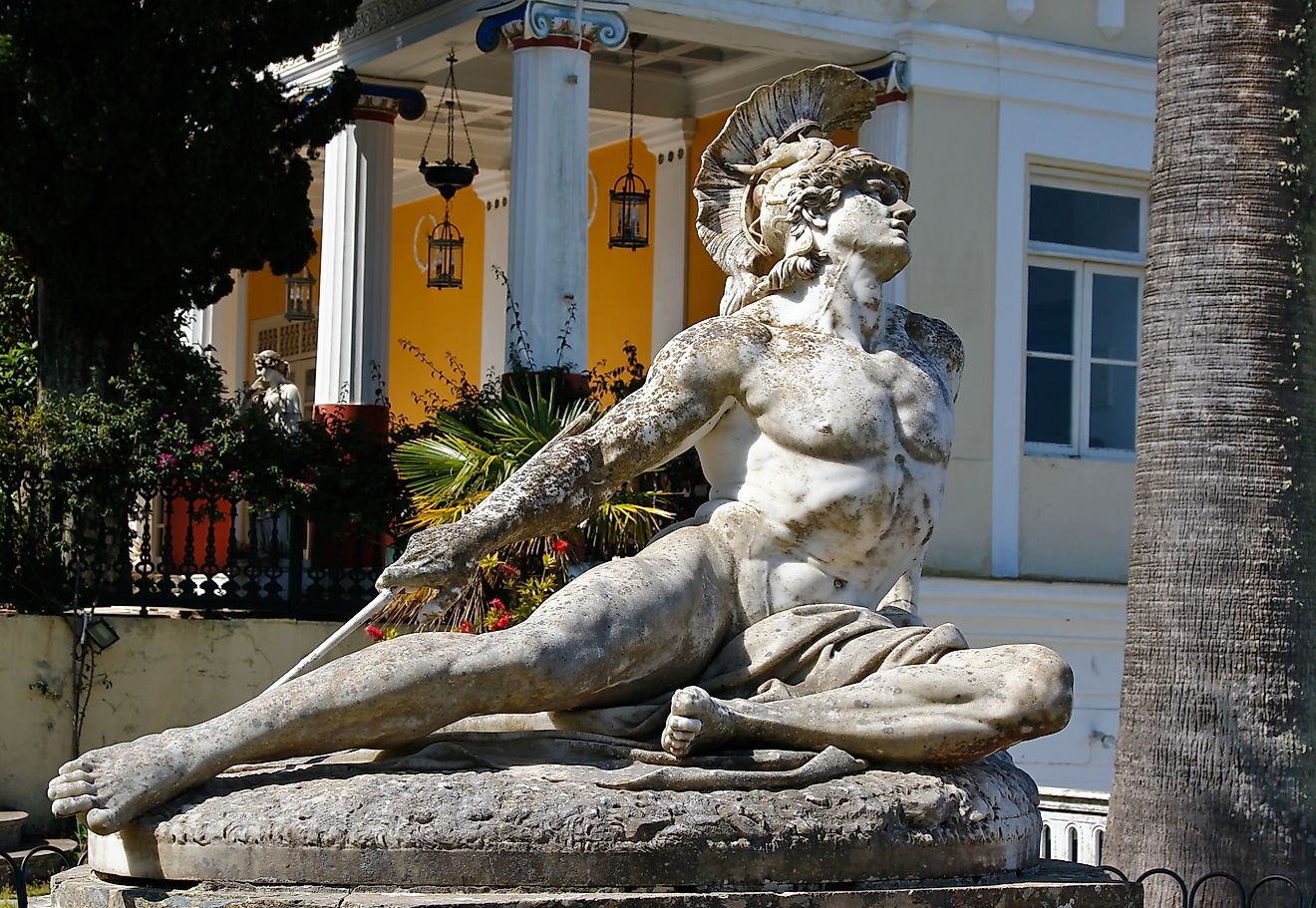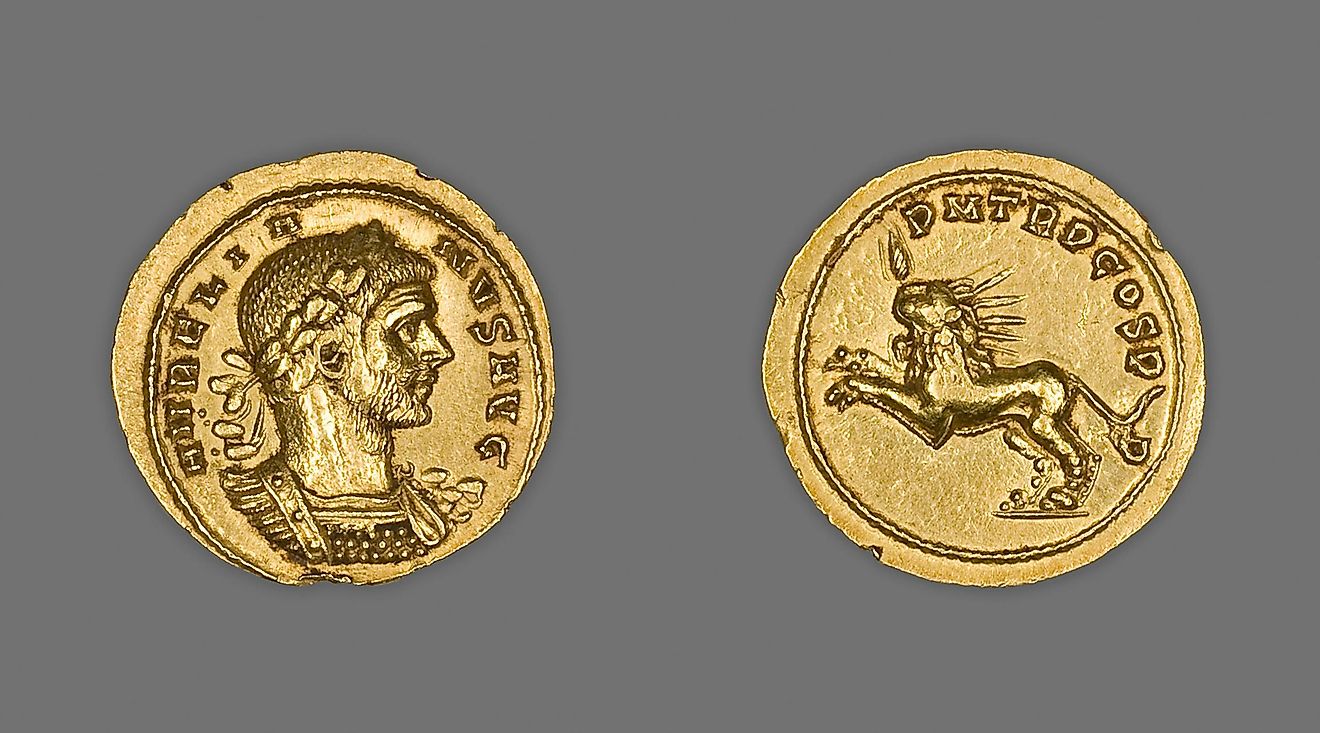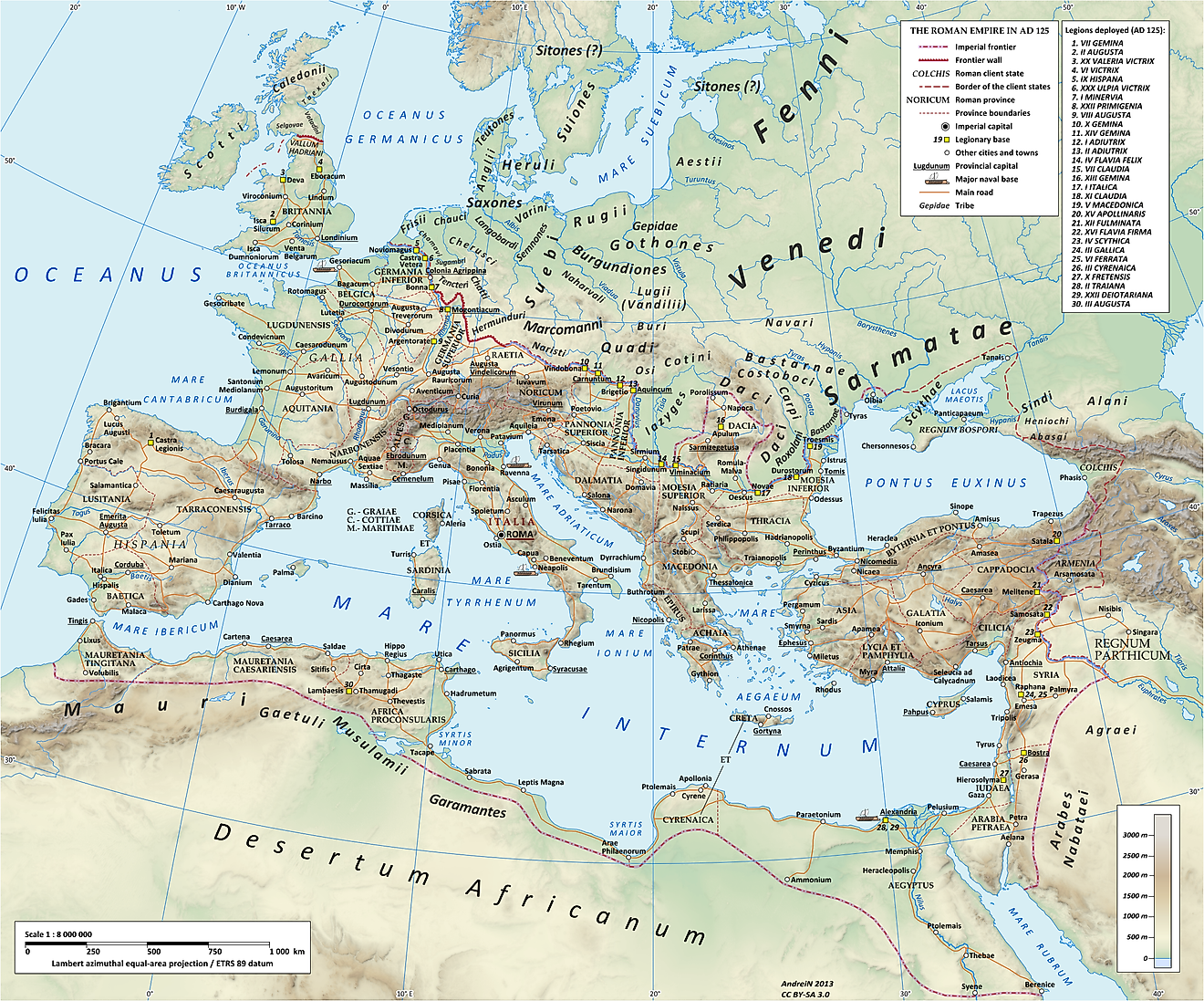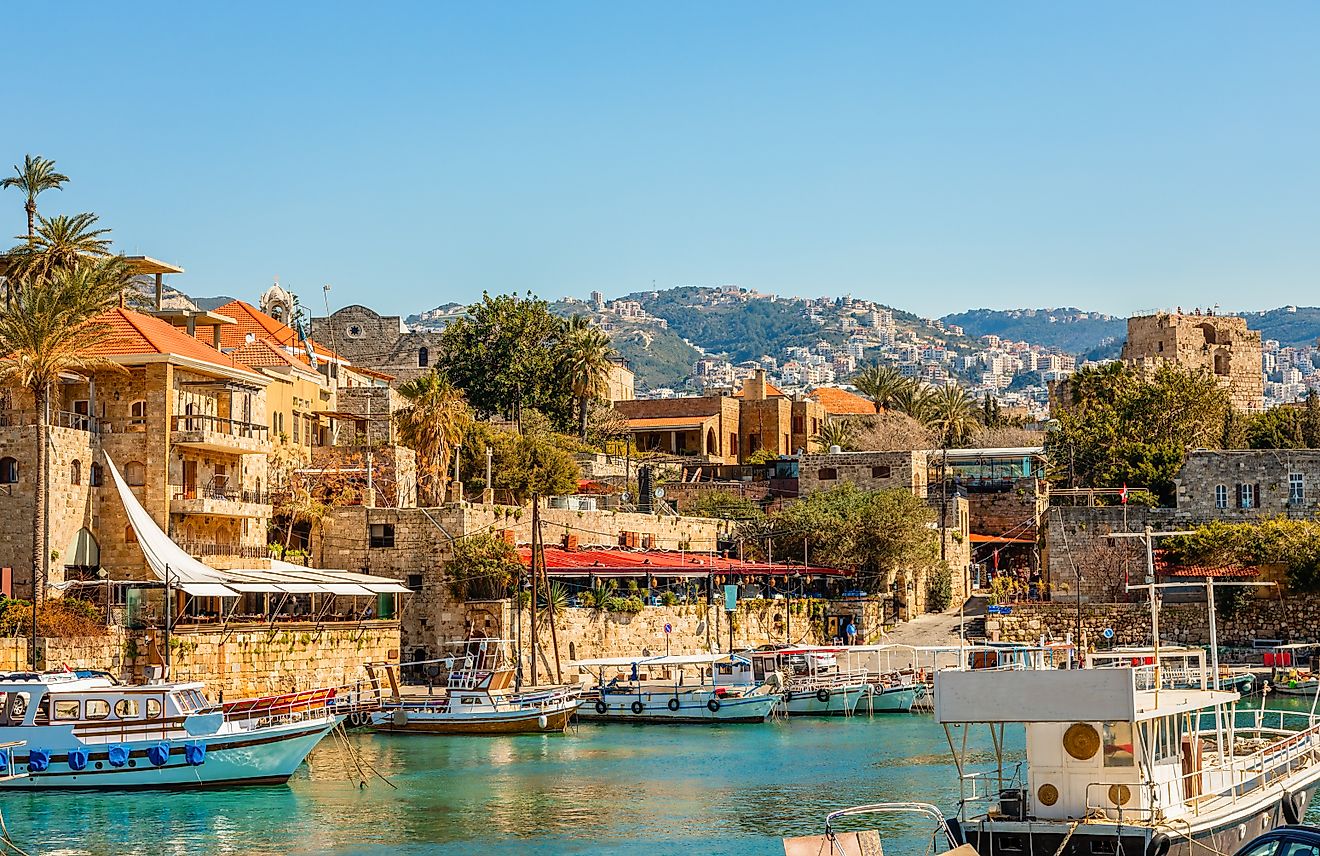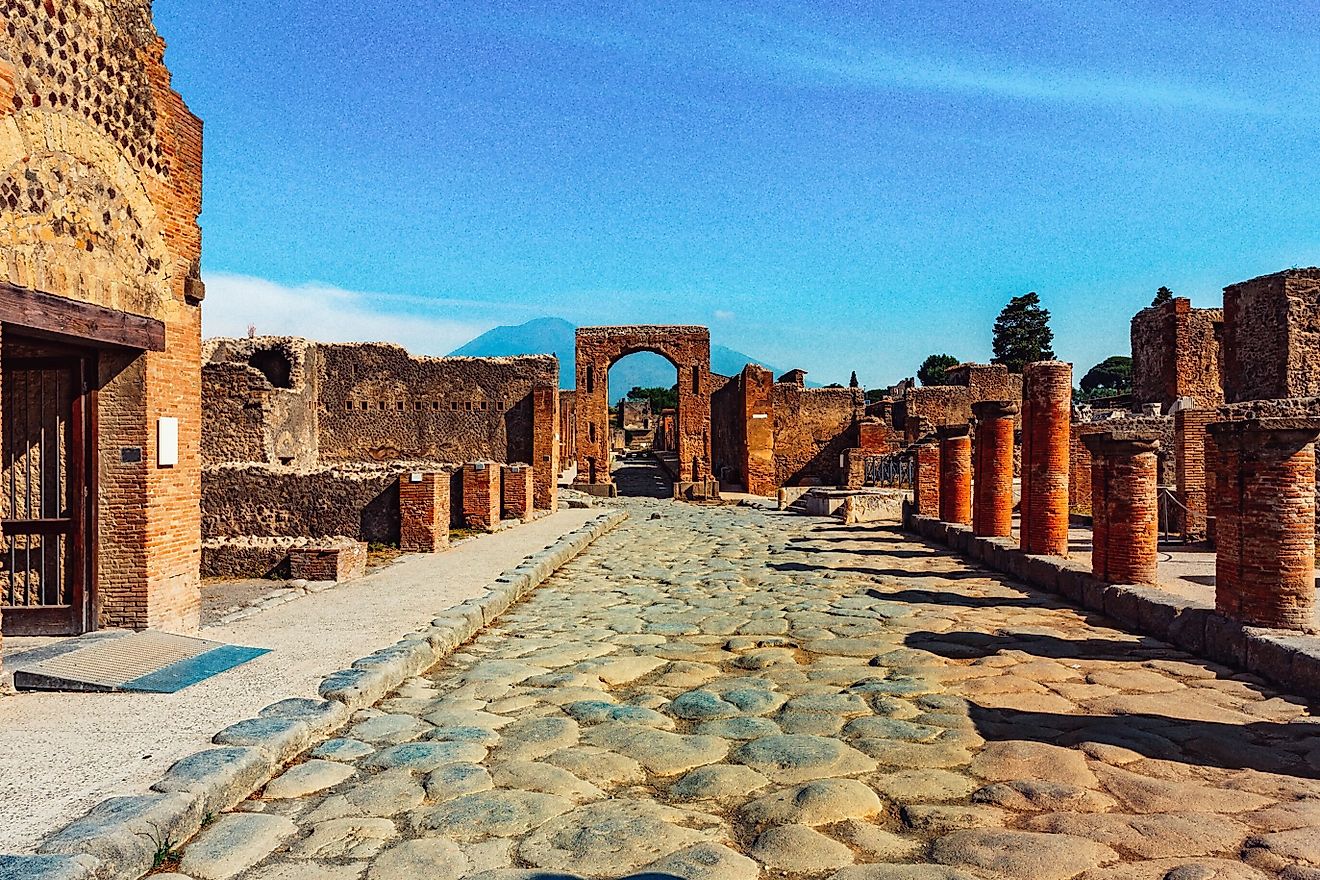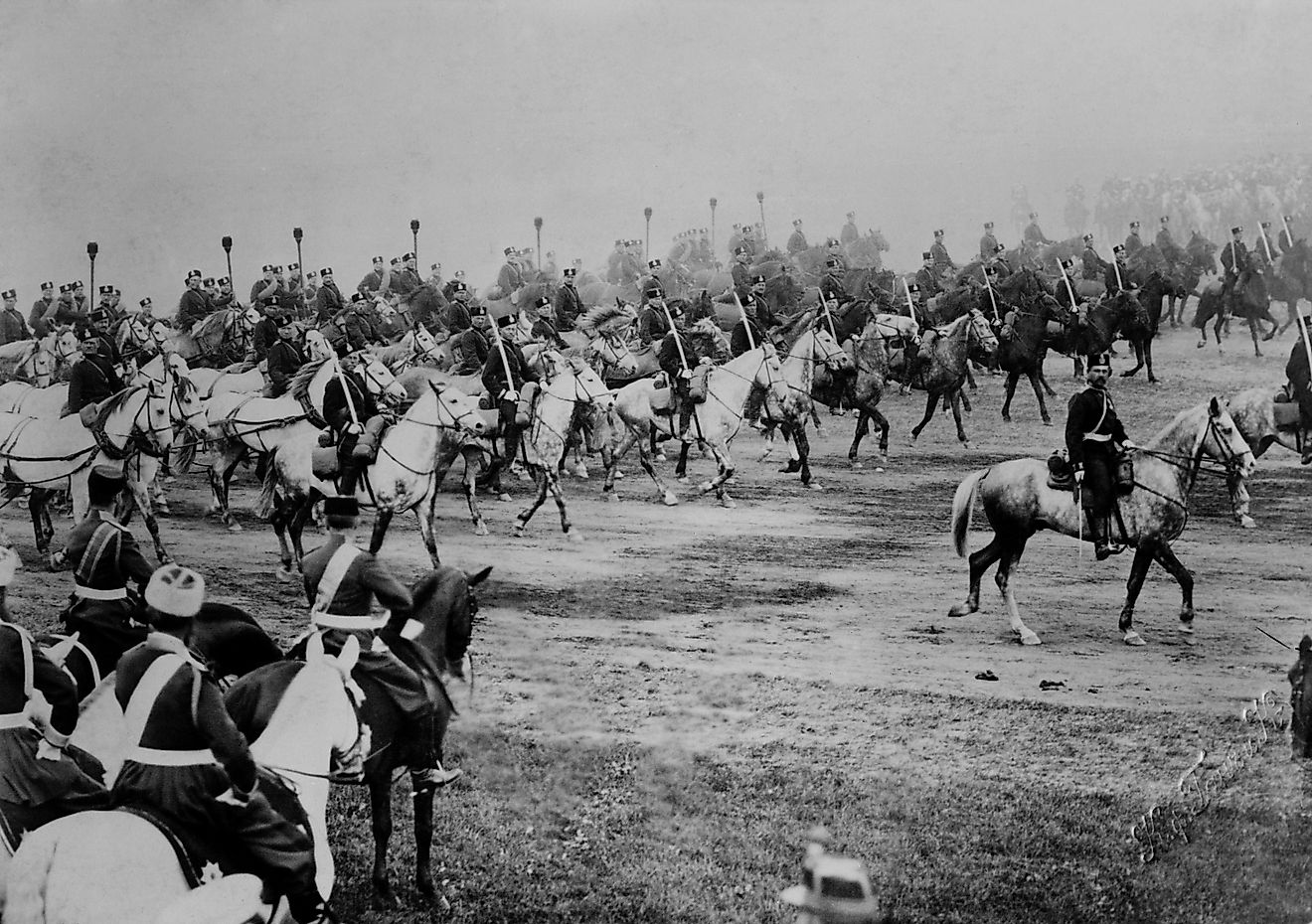
Where Was Thebes and What Happened to It?
Myth and legend encompass the once mighty city of Thebes. Indeed, even the mythical Hercules, the half-man half-god and son of Zeus, was born in this ancient city of lore. But the reality is that it can be incredibly difficult to separate historic facts from the mythology that was so popular in the ancient Greek culture. Indeed, this is doubly true for the city-state of Thebes. Right from its inception, we see the lively narrative of myth at work in the history of Thebes. Its mythology is vibrant and powerful and its history, while mostly forgotten, was intense. What makes Thebes so unique? Well for starters, the legend surrounding this ancient city is remarkable. Ancient Greek mythology tells us that Thebes was founded by a warrior prince from the Near East, in a region that is located in modern-day Lebanon.

The myth goes as follows: Europa who was Cadmus' sister was captured and raped by the Greek god-king, Zeus. Cadmus determined to rescue his sister travelled the 1578-mile journey from Lebanon to Greece to free his sister. But alas, he was unable to locate her (or unwilling to go against Zeus, the myth gets a bit dicey here.) and after being advised by an oracle to build a city, Cadmus founded Thebes and became its first king. But as often is the case it becomes so difficult to discern between myth and history. In this article, we will do our best to peer through the long corridors of time in search of the truth about Thebes.
Thebes the Cultural Powerhouse

Athens, perhaps the greatest city of antiquity, seemingly dominates the world of high culture in the Ancient Greek Age. How could it not? After all, it produced some of the most incredible minds of that time, the likes of Socrates and Plato, men who 2000 years later are still influencing the world! But is there any merit to Athens’s stranglehold on poetry, music, and philosophy? Thebes, while not as well remembered as it’s neighbouring sister city, Athens, was no less important.
Thebes the Home of Poets

Pindar, is a prime example of the sophistication that came out of Thebes. Pindar, while not well know in the modern twenty-first century was a massively influential poet from Thebes that heavily influenced Alexander the Great. Pindar was born in the late 6th century BC and lived until the mid-5th. So significant was his poetry that Pindar was commissioned to compose a poem to be read at the ancient Olympic Games. Pindar from the great city of Thebes was an emblem of everything Greek and a major contributor to Ancient Greek Age high culture.
Thebes the Home of Musicians

Pronomus was a talented musician born in the late Ancient Greek Era. He achieved great fame and even played at the theatre of Dionysus in Athens. So great was his reputation that the city of Athens created an incredible volute-amphora (a giant vase) to celebrate his accomplishments. The vase depicted Pronomus surrounded by cheering fans and Dionysus, the Greek god of wine and pleasure is pictured in the crowed giving his approval. Indeed, Pronomus from Thebes impacted and helped shape the high culture of ancient Greece.
Thebes the Home of Philosophers

You have undoubtedly heard of Socrates, one of the most well known philosophers from ancient Greece. Two of his prominent pupils, Cebes and Simmias hailed from Thebes. Thus, showing once again the prominent position this forgotten city played in the development of the high culture of ancient Greece. Indeed, Thebes was no slacker in the arena of philosophy, perhaps it most significant contribution was the likes of Crates born in the late third century was the founder of an influential philosophy known as Cynicism.
All in all Thebes was a cultural powerhouse that significantly shaped the Ancient Greek Era. While many in our own day have never heard of this influential city it was none the less an equal to the city of Athens in its cultural importance. While mostly forgotten, this city’s legacy still lives on to this day.
Thebes the Home of Military Prowess
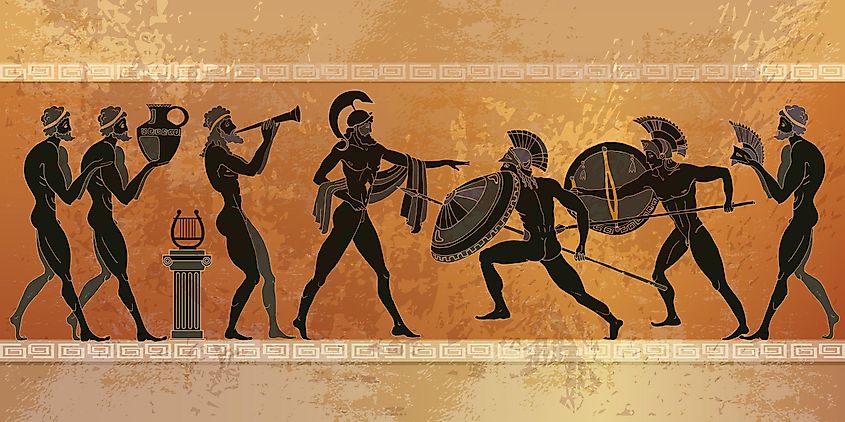
When most people think about the military prowess of the ancient world their minds conjure up stories of Sparta. This fierce people are legendary when it comes to tales of blood and war but did you know that Thebes defeated the Spartan army and took control of the region? It’s true. In 378 BC, the Thebes army led by Epaminomdas crushed the so called invincible army of Sparta at the battle of Leuctra. However, the war raged on and Thebes continued to conquer it’s foe until atlas, Sparta, isolated and permanently weakened withdrew into obscurity. Indeed, over the last two millennia Thebes has passed from memory but its mark on history is remarkable.
Thebes the Conquered City

For a period of nine years Thebes was the most dominant city state in the region. However, the reality is that Thebes’ time in the limelight was short lived. And yet even in defeat Thebes was inspiring. Here’s the story. In 338 BC Thebes along with many other Greek city-states were defeated and forced into the ever expanding empire of Alexander the Great. But in 335 BC, just three years later Thebes acted upon a rumor that Alexander the Great had been killed in battle and quickly led other city-states like Athens and Sparta in rebellion To the Macedonian Empire. Alexander the Great took this threat seriously and in a period of two weeks marched three hundred miles to quench the uprising. Athens, Sparta and various other Greek city-states abandoned the rebellion and left Thebes to defend Greek freedom on their own. Thebes fought bravely but in the end Alexander the Great annihilated the city of Thebes. Alexander eager to make a point of Thebes order that every adult male be murdered and all women and children enslaved. The city was completely burned to the ground leaving behind only the temples of Thebes and the house of Pindar the famous poet mentioned earlier in this essay.
Thebes Today

Thebe today is a vibrant town with an exciting past which attracts tourist from across the globe. While most of the ruins are gone there are still some sites to be seen, such as the palace of Cadmus and the temple of Apollo. For those interested in old things there is also a museum which boasts many artefacts from ancient Thebes. In conclusion, Thebes is the greatest city you have never heard of and its contribution to ancient Greek history was huge. If you ever get the chance to travel Greece take the time to visit this once great city.
